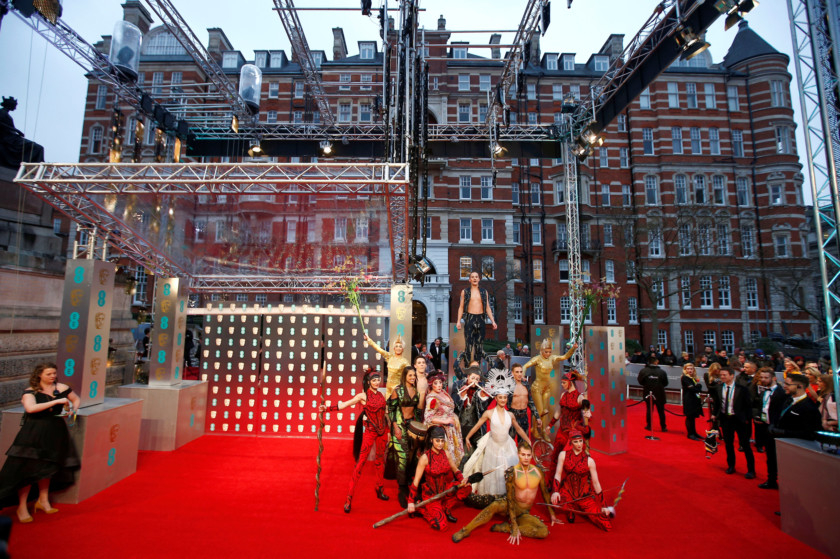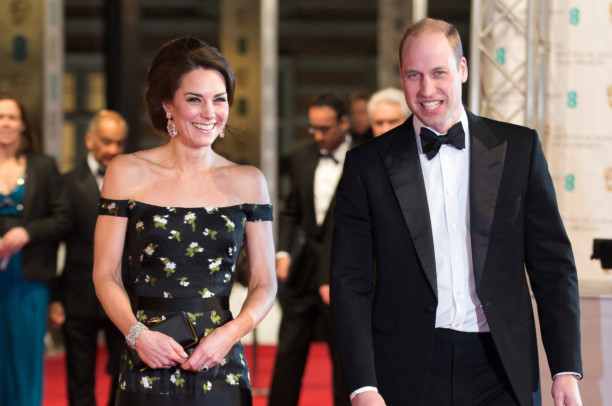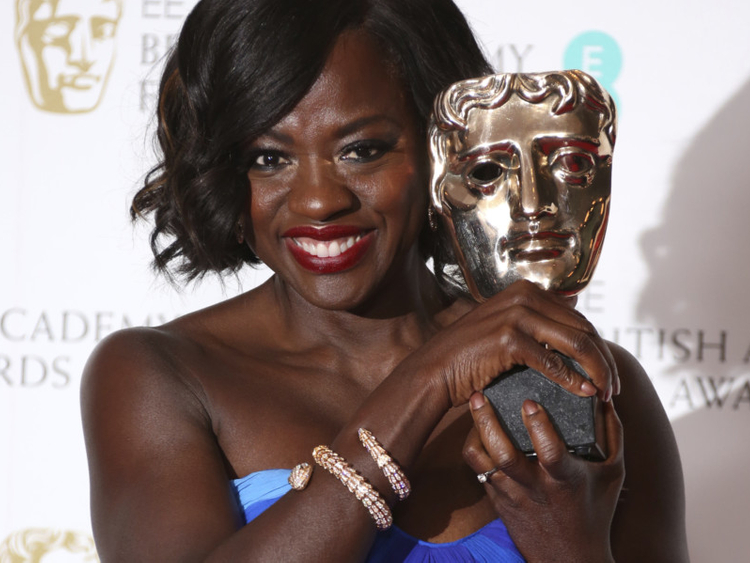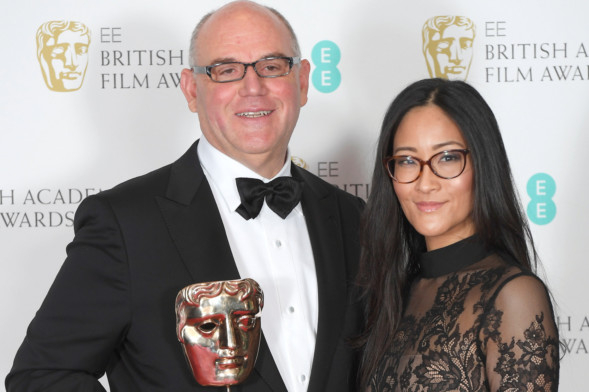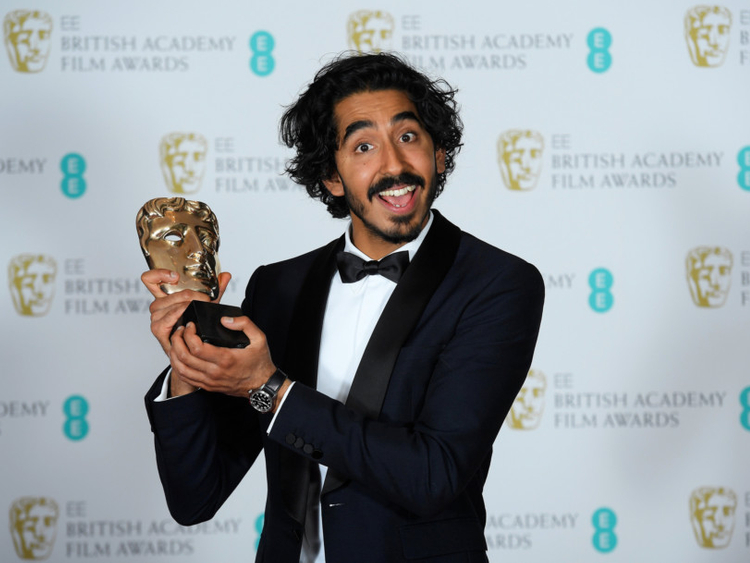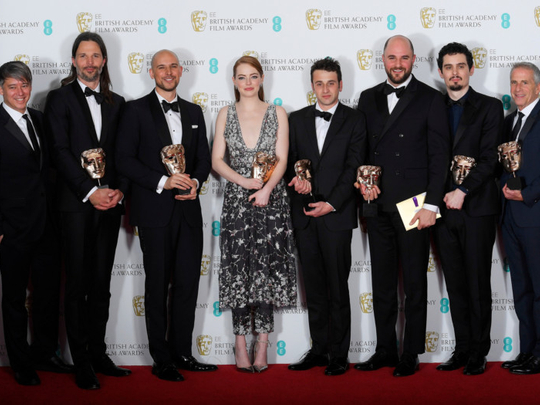
The script predicted that La La Land would clean up at the Baftas. Instead the unashamedly old-fashioned feel-good musical — an antidote to the age — came away from the 2017 ceremony with five awards, including the top prize of best film.
It was a good night but far from the juggernaut which had been widely anticipated. The prizes were spread strikingly widely with more than 15 winners including Manchester By the Sea, Fences, Lion, Arrival, Hacksaw Ridge, Jackie, Fences, and Florence Foster Jenkins.
Some had tipped La La Land to finally break the Bafta record set by Butch Cassidy and the Sundance Kid, which won nine prizes in 1971.
It did not come close, although those involved can hold their heads high with awards for best film, best director for Damien Chazelle, best actress for Emma Stone, best cinematography and original music.
Ryan Gosling missed out on best actor to Casey Affleck for his unforgettable performance in Manchester By the Sea, and Chazelle was pipped to best original screenplay prize by Kenneth Lonergan for the same film.
Lonergan told the audience how his 15-year-old daughter had woken in tears after Donald Trump was elected US president, but had since been on five protest marches since. “I’m very, very proud of her.”
La La Land — a romance between an aspiring actor (Stone) and a jazz pianist (Gosling) — has proved popular with many because it is about as far from politics and worrying about Trump and Brexit and the refugee crisis, North Korea and beached whales in New Zealand, as it is possible to get.
But controversy was never far away from the glitzy, starry ceremony at London’s Royal Albert Hall.
Ken Loach, whose gritty, angry I, Daniel Blake won the outstanding British film award, was most passionate.
The 80-year-old thanked Bafta for endorsing a truth “that the most vulnerable and poorest people are treated by this government with a contempt and a callous brutality that is disgraceful ... it is a brutality that extends to keeping out refugee children we promised to help.”
Loach said the world was getting darker and there was a struggle coming between the rich, the powerful and the rest of us. “The film-makers know which side they’re on.”
Later he went further, saying that the “government had to be removed”.
He hoped that voters would see his film, but there was little point politicians doing so, as “the people actually implementing these decisions know what they’re doing. It’s conscious.”
Their welfare policies, he said, harked back to the Victorian workhouse ethos of telling people that poverty was their fault.
“They know they’re doing. We have to change them; they have to be removed.”
Stone also flirted with politics when she said in her acceptance speech that “the world is going through a bit of a time” and that it was important to celebrate creativity.
Surprises in multiple categories meant that many films won just one statuette.
Jackie won the best costume design award, Arrival won best sound, Hacksaw Ridge won best editing, and Fantastic Beasts and Where to Find Them best production design.
The former Skins and Slumdog Millionaire actor Dev Patel won best supporting actor for his portrayal of a young man’s Google Earth search for his real mother in Lion, beating hot favourite Mahershala Ali.
The movie in which Ali co-stars, Moonlight, was ignored entirely by the body.
He was visibly moved. “Wow! That just happened,” he said.” Words, words, words. I sit at home and watch this with my family; it is such an overwhelming feeling.”
Viola Davis had been widely tipped to win best supporting actress and she did so for her powerful performance in Fences. She used the press conference after her Bafta win to caution that this year — in which Fences, Hidden Figures and Moonlight have taken a slew of silverware — may be an anomaly.
“I believe what still is a deficiency is that we have one year a plethora of American-American movies and then the next year nothing.”
Other awards included the special visual effects prize going to The Jungle Book; the animated film award to Kubo and the Two Strings; make-up and hair to Florence Foster Jenkins.
Stephen Fry was hosting the awards for the 12th time. He kept proceedings light and frothy, and called none of his friends a bag lady, avoiding last year’s row which ended in him quitting Twitter after insulting costume designer Jenny Beavan. His one reference to Trump was saying only “a blithering idiot” would not think Meryl Streep was one of the greatest female actors of all time.
The final award of the evening went to Mel Brooks who received Bafta’s highest honour, a fellowship. He joins an impressive list which includes Sidney Poitier, Helen Mirren, Woody Allen and Alfred Hitchcock who was the first recipient in 1971.
Brooks, who made the films The Producers, Blazing Saddles and Young Frankenstein, said before the ceremony: “I am not overwhelmed, but I am definitely whelmed by this singular honour.”
Accepting the award, Brooks said that to follow in the footsteps of people like Hitchcock, Olivier and Pressburger was singular honour. It was a sincere speech but also a funny one, apologising to Prince William for the American Revolution — “We were young” — and saying he had arrived in the UK forgetting to bring his passport.
“I don’t think of England as a foreign country, I think of it as a vast Brooklyn which just speaks better.”
Other prizes included best adapted screenplay award to Luke Davies for the film Lion; the best documentary winner was 13th, Ava DuVernay ‘s powerful exploration of the American criminal justice system; and the best foreign language film went to Son of Saul, last year’s foreign language Oscar winner, which beat this year’s favourite, Toni Erdmann.
The Oscars take place in Hollywood on February 26.



